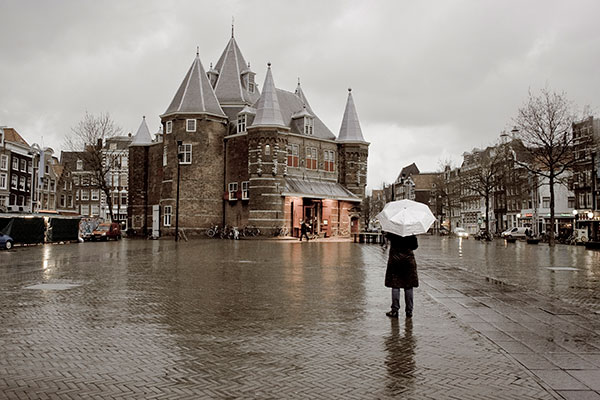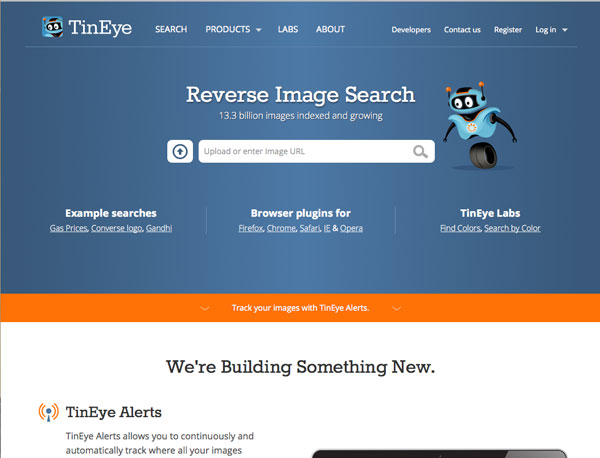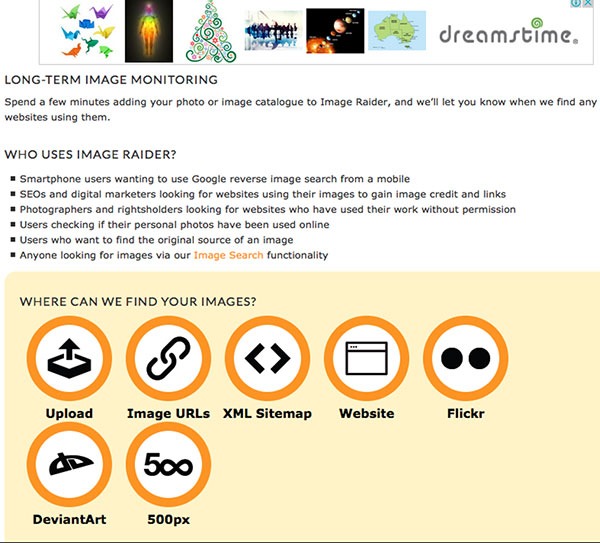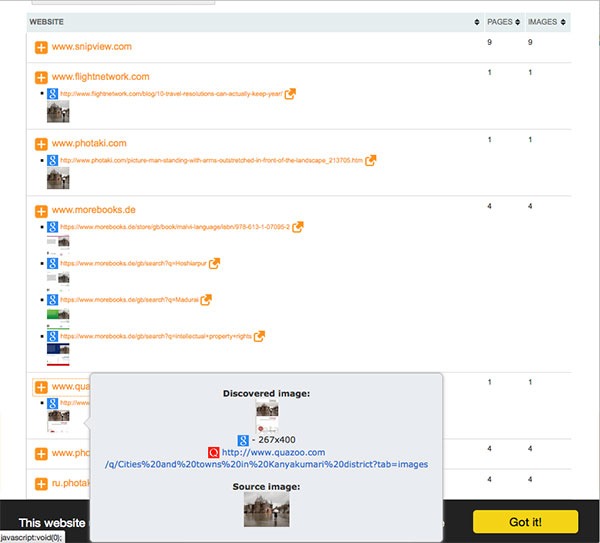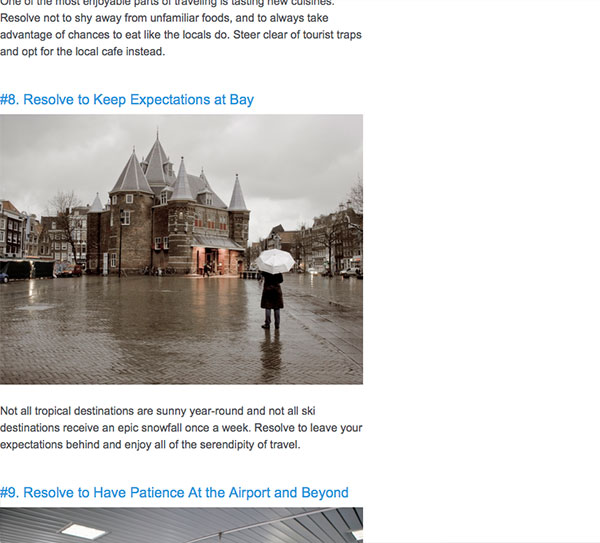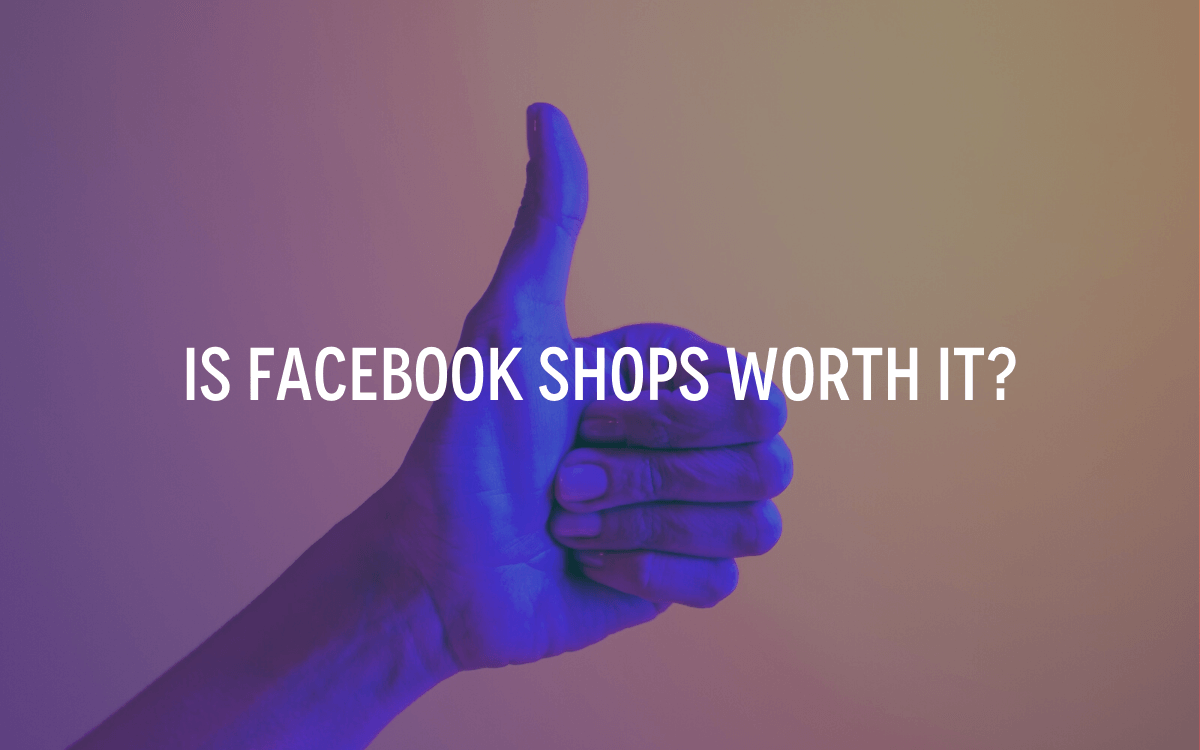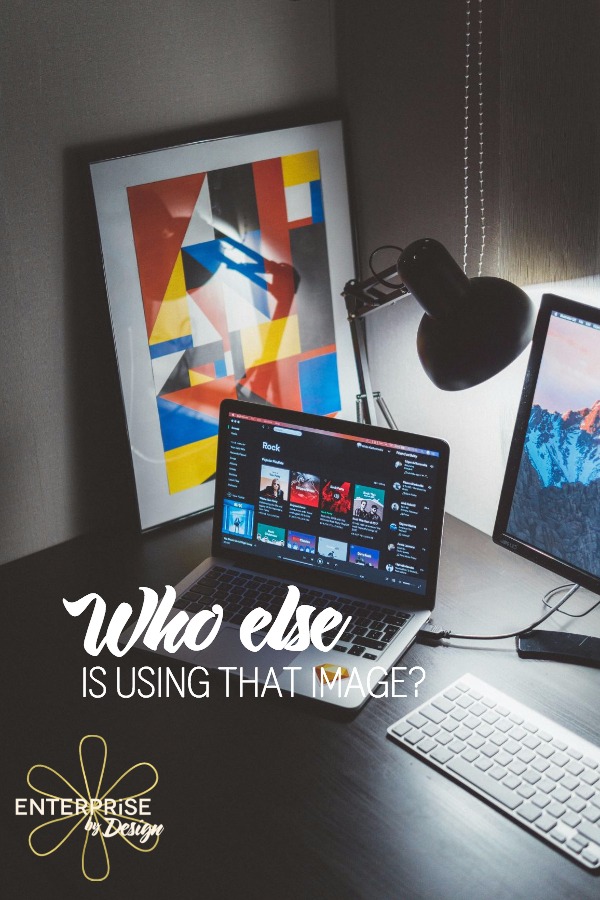 There are lots of reasons you may want to find the same or similar images on the internet. Believe it or not there is such a thing as REVERSE IMAGE LOOKUP.
There are lots of reasons you may want to find the same or similar images on the internet. Believe it or not there is such a thing as REVERSE IMAGE LOOKUP.
- Business peeps who have crowd-sourced their imaging & want to check if it is based on a templated design
- Photographers & designers find reverse image lookup handy to find copyright or licensing infringements
- Bloggers use it to search for commonly used images prior to purchasing them
- Users check to see if their personal images have been used online
- Clients may have even found a product on pinterest & instagram & want to find more out!
- SEO specialists & digital marketers look for websites using their images to ensure image credit & backlinks
- Anyone who wants to find the original source of an image
Reverse image lookup allows you to search using an image rather than words. Your results will show similar images, sites that include the image as well as other sizes of the same image. The tool works best for images which will be common on the internet for instance if you loaded a photo of you family having celebratory dinner you would not get as many results as if you uploaded an image of your family having a picnic in front of the Sydney Opera House.
There are a number of ways you can do this:
GOOGLE:
- Either type https://images.google.com/ in your address bar, or if you use google mail click the images link in the top right corner of the browser (desktop).
- You can either paste a URL or drag an image into the search bar.
- The search will initially show pages which use that image but scroll down & you will be able to see similar images.
- You have a number of deeper search options, one I particularly like is the 6th option across where you can search my licensing restrictions.
TINEYE:
Using https://www.tineye.com/ is pretty well the same as google but in my test I found the results quite different. The initial search brought up 12 results – 7 belonged to image collections – just shows often images are shared between stock libraries!
TinEye is free to use for non-commercial purposes. You can create an account & save your searches which may be handy for some folk!
IMAGE RADAR:
ImageRaider uses Google, Bing and Yandex to find websites using up to 20 of your photos.
Professional photographers may find it useful to register their images for regular scheduled checks (300 credits for £1 on subscription, 1 credit per photo check). It could get expensive if you have a lot of images irregular uses can buy 50 credits for a tweet.
Although ImageRaider is not my favorite, I have found results which other engines haven’t picked up. Worth familiarising yourself with it.
Have you ever used reverse image look-up? We’d love to hear your experiences, please post a comment below…

